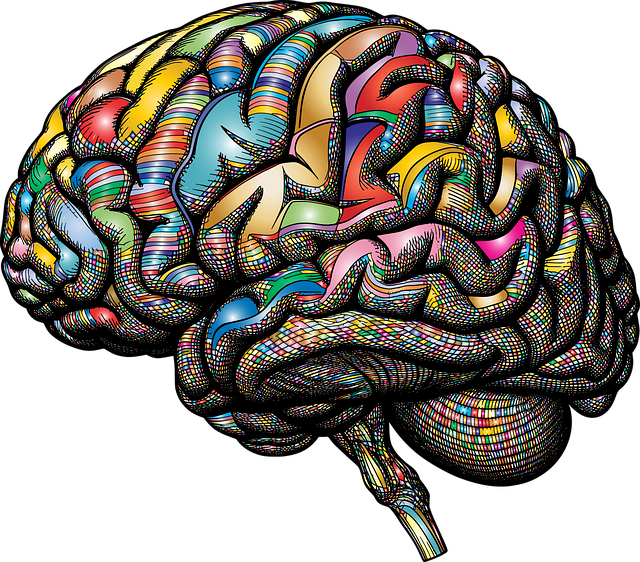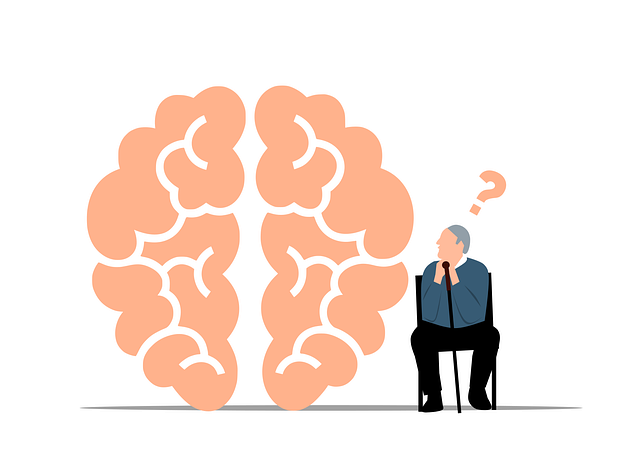Emotional intelligence (EI) is a vital skill for navigating today's diverse world, and Centennial American Sign Language (CASL) Therapy offers a unique approach to enhancing it. By focusing on non-verbal communication through sign language, CASL boosts confidence, fosters connections, and improves emotional awareness. This holistic method not only benefits mental health but also strengthens patient-provider relationships, cultural sensitivity, and inclusivity in healthcare. Through consistent practices like journaling and CASL therapy, individuals can develop EQ, improve decision-making, and build resilience to navigate life's challenges effectively.
Emotional intelligence (EQ) is a powerful tool for personal growth and successful relationships. Understanding and cultivating EQ can significantly enhance our ability to manage emotions, empathize with others, and make thoughtful decisions. This article explores the profound impact of Centennial American Sign Language (ASL) therapy in building emotional intelligence, offering unique insights and practical strategies for daily application. Learn how ASL therapy promotes self-awareness, enhances communication skills, and fosters deeper connections, ultimately leading to personal transformation.
- Understanding Emotional Intelligence and its Significance
- The Role of Centennial American Sign Language Therapy in Enhancing EQ
- Practical Strategies for Daily Application and Personal Growth
Understanding Emotional Intelligence and its Significance

Emotional intelligence (EI) is a vital skill set that enables individuals to recognize, understand, and manage their own emotions, as well as empathize with others. It involves self-awareness, self-regulation, motivation, empathy, and social skills – all of which are essential for effective communication and successful relationships. In today’s diverse society, where interactions across cultures and backgrounds are frequent, developing emotional intelligence becomes even more significant. This is particularly true in the healthcare sector, where professionals must demonstrate cultural competency to provide quality care that respects and understands the unique needs and perspectives of their patients.
Centennial American Sign Language Therapy offers valuable resources for enhancing EI, especially through Social Skills Training and Resilience Building programs tailored to meet individual needs. By fostering emotional intelligence, these initiatives contribute to improved mental health outcomes, better patient-provider communication, and enhanced cultural sensitivity among healthcare providers. This, in turn, creates a more inclusive and supportive environment for all individuals, regardless of their linguistic or cultural backgrounds.
The Role of Centennial American Sign Language Therapy in Enhancing EQ

The Centennial American Sign Language (CASL) therapy offers a unique and powerful approach to enhancing emotional intelligence. By focusing on communication through sign language, CASL provides an avenue for individuals to express and understand their emotions more deeply. This is particularly beneficial for those who may struggle with traditional verbal communication methods. Learning sign language not only boosts confidence in non-verbal forms of expression but also fosters a deeper connection between individuals, leading to improved emotional awareness and empathy.
The therapy’s emphasis on gestural communication encourages a holistic understanding of emotions, as it involves both mental and physical engagement. This can significantly improve social skills training by enhancing the ability to read and interpret body language cues. Additionally, CASL promotes positive thinking by encouraging individuals to be more mindful of their gestures and facial expressions, which in turn can positively impact overall emotional well-being and interpersonal interactions.
Practical Strategies for Daily Application and Personal Growth

Building emotional intelligence (EQ) is a continuous journey that requires consistent effort and dedication. One effective approach to incorporate EQ into daily life is by adopting practical strategies that enhance self-awareness, empathy, and resilience. Start by engaging in regular self-reflection practices, such as journaling, to understand your emotions, triggers, and patterns of behavior. This introspective process, guided by the Mind Over Matter principles, empowers individuals to gain control over their reactions and foster healthier interactions.
Additionally, practicing Centennial American Sign Language (CASL) therapy can be a powerful tool for personal growth. CASL not only enhances communication skills but also promotes emotional well-being promotion techniques. Through non-verbal expression, individuals learn to articulate their feelings more effectively, improve listening skills, and develop a deeper understanding of others’ perspectives. By integrating these strategies into daily routines, one can foster stronger connections, improve decision-making abilities, and boost confidence in navigating life’s challenges.
Emotional intelligence is a powerful tool for personal growth, and by understanding its significance and implementing practical strategies, individuals can enhance their EQ. The Centennial American Sign Language Therapy plays a unique role in this process, offering a holistic approach to emotional awareness and communication. By combining sign language skills with emotional intelligence practices, individuals can better navigate social interactions and foster deeper connections. This article has provided valuable insights into building emotional intelligence, encouraging readers to embrace daily opportunities for growth and explore innovative therapies like the Centennial American Sign Language method.













